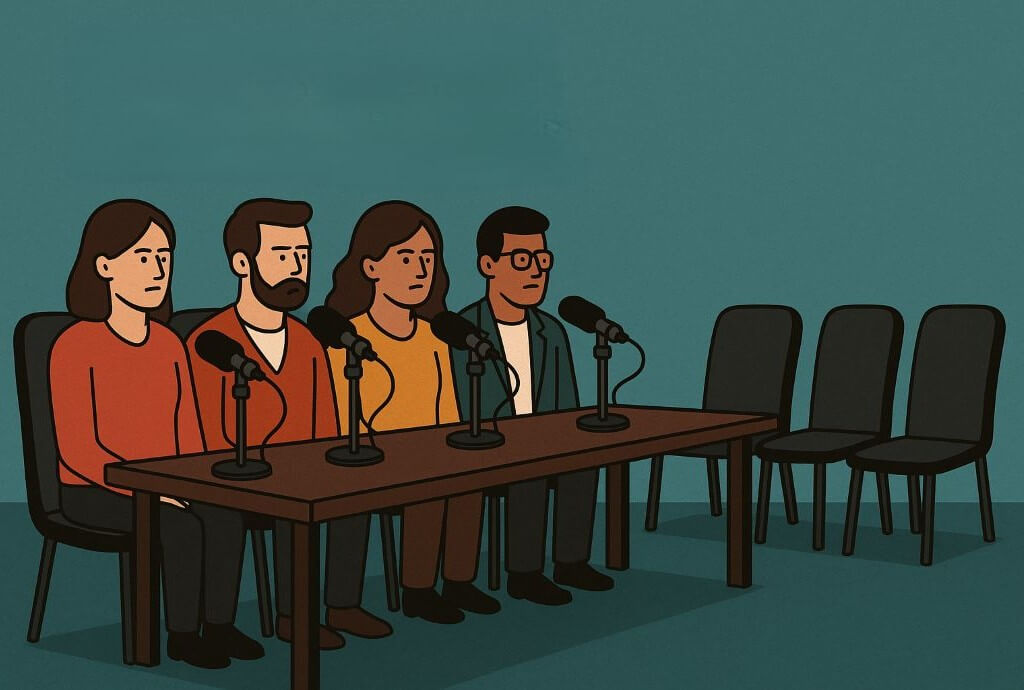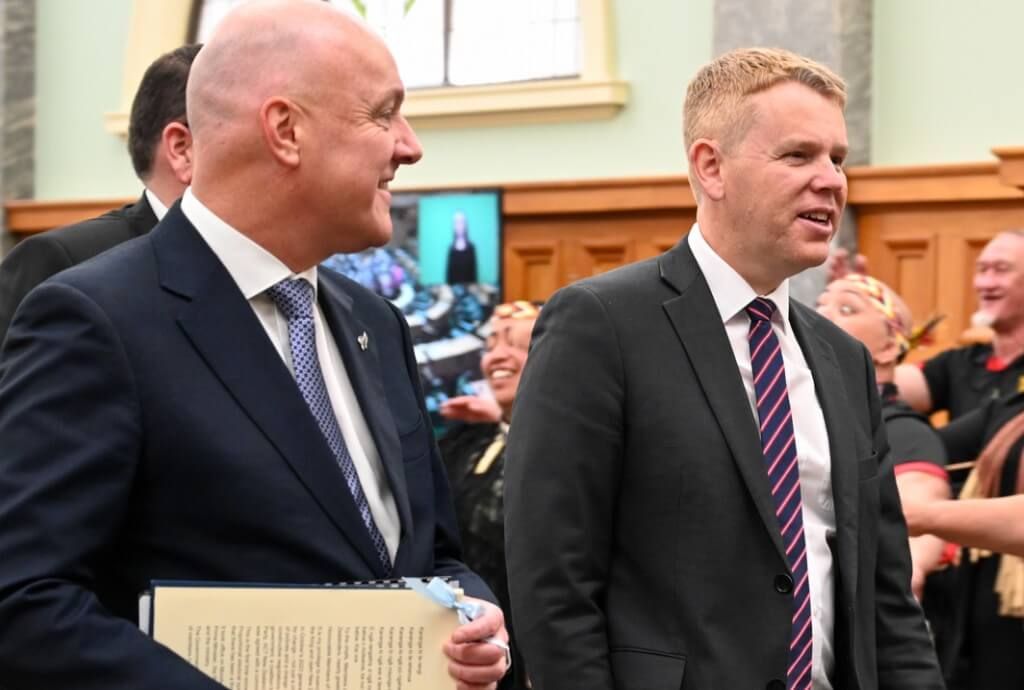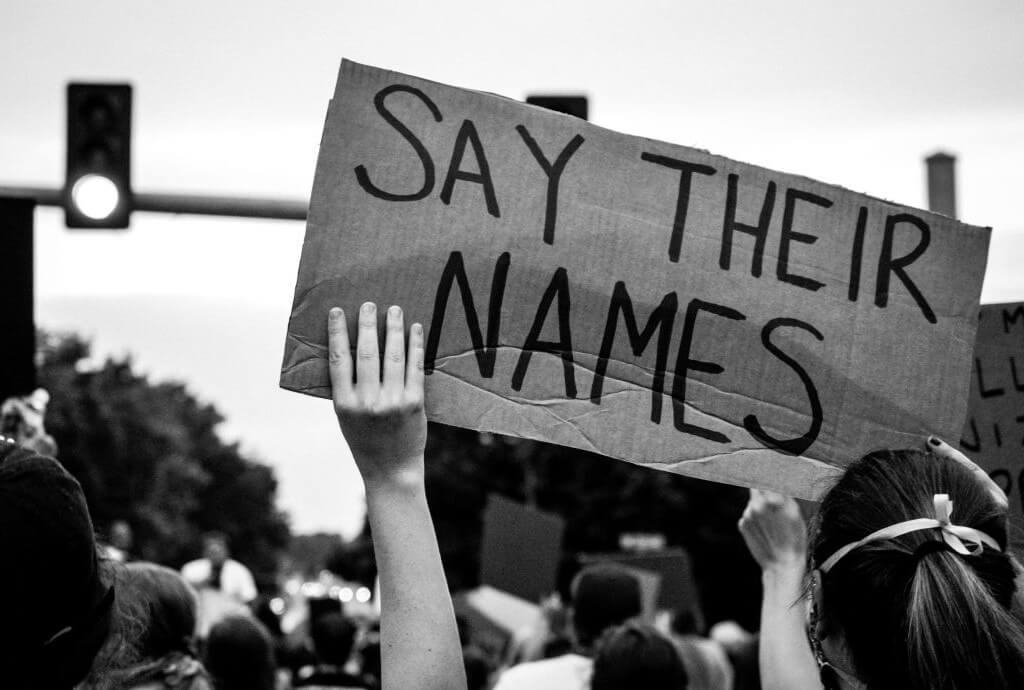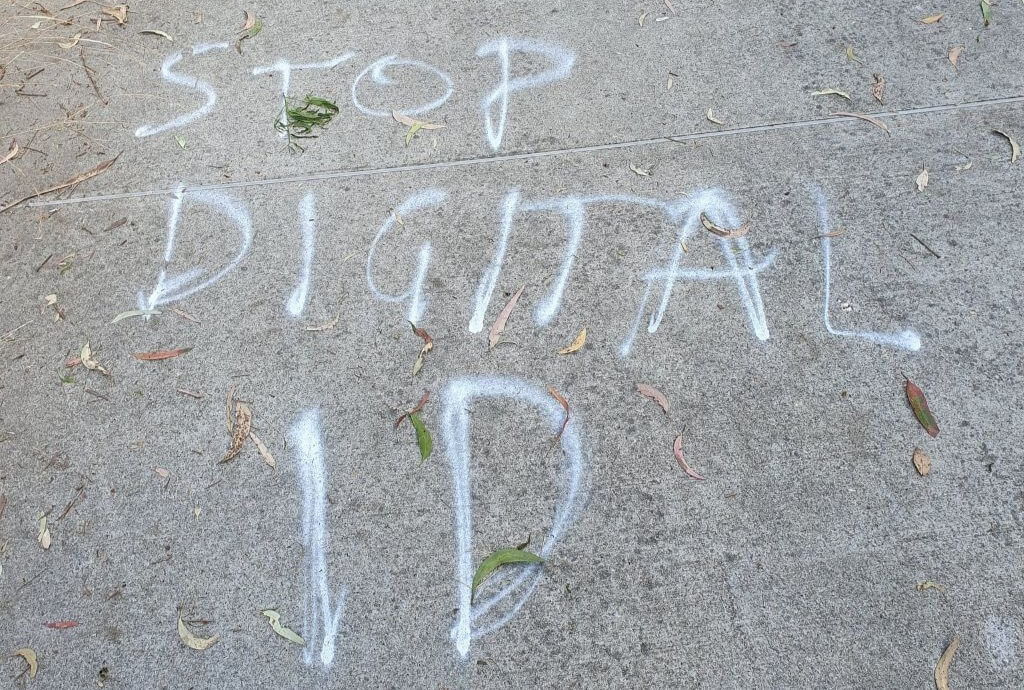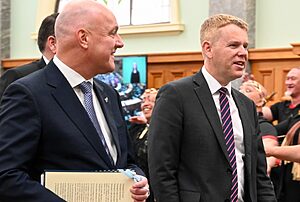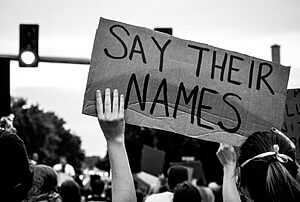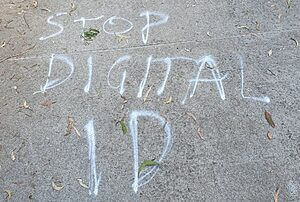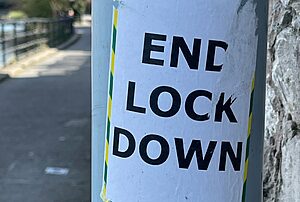In brief
- Mission creep at Diversity Works NZ, “the national body for workplace inclusion,” has shifted from equal opportunity to DEI activism.
- OIAs reveal hundreds of thousands of taxpayer funding spent on things like unconscious bias workshops and DEI accreditation programs.
- Jargon-heavy frameworks and criteria means it’s practically impossible to measure the success of these things.
- With 16 of 18 leaders being women, how diverse is Diversity Works?
Tracing the shift in mandate
The ongoing shift in Diversity Works NZ’s focus from equal opportunity to equal outcome employment is an example of the type of mission creep common in publicly funded entities.
A registered charity, heavily funded by taxpayers, Diversity Works NZ, the trading name for the Equal Employment Opportunities Trust, was established in 1992 under the National government.
The organisation’s founding principles, as outlined in its original Deed of Trust, were aimed towards fostering equal employment opportunities. However, its “woke” redo in 2022 cites “alignment with Te Tiriti o Waitangi and contemporary developments in diversity, equity and inclusion (DEI).”
DEI policies are increasingly coming under fire for being expensive virtue signalling— promoting divisive equality of outcomes based on attributes other than merit. Worse, it risks being exclusionary, leaving some people feeling left out or alienated in the process.
In her 2024 year-end address, Chief Executive Maretha Smit says in 2025 “the national body for workplace inclusion” will be renamed Te Uru Tāngata Centre (strength in numbers) for workplace inclusion – chosen in collaboration with our Māori advisers and Ngati Whatua.” She said it will be “a culmination of all the work done over the past years” and that there is still a lot to do.”
While Smit’s speech, a mix of te reo and corporate management buzzwords, is short on detail, the “work” itself appears to be primarily pushing DEI ideology in government.
This appears to be done through workshops and training sessions. One example is its Mitigating Unconscious Bias Workshops. These sessions push “unconscious bias” theory, a cornerstone of woke DEI ideology, onto public servants.
Its workshops claim to address biases in recruitment and performance evaluations, framing inequality as systemic. Some argue this approach prioritises ideology over measurable results.
How Diversity Works works and how diverse is it?
The Board of Trustees for Diversity Works NZ includes both public and private sector representatives, with some trustees appointed by the government.
While Diversity Works NZ has some private sector clients, many of those rely on government funding, contracts, or policy frameworks to operate, giving them a vested interest in maintaining strong government relationships.
Notably, the organisation is not very gender diverse, as 16 of the 18 members that make up the executive team and Board are women.
A taxpayer-funded DEI agenda
Documents released to Centrist under the Official Information Act (OIA) show the Department of Internal Affairs (DIA) has spent over $200,000 on contracts with the organisation between 2018 and 2023. This includes memberships, partnership fees, and workshops on mitigating unconscious bias. Similarly, Te Puni Kōkiri allocated over $173,000 during the same period, primarily for alliance memberships and event registrations.
Diversity Works also offers accreditation programmes, where for $425, you can undergo the accelerated program and become a recognised inclusion advisor based on understanding the framework. It also costs another $425 to renew the accreditation every year.
This framework outlines ideal competencies, but it lacks measurable tools and relies on jargon like “intersectionality,” “cultural positional power,” and “dimensions of diversity.”
There is a heavy emphasis on Te Ao Māori, but the document does not detail how these principles are useful within organisations beyond surface-level integration (e.g., using te reo Māori or tikanga).
It is a self-regulating accreditation model. There is not (yet) a ‘Diversity Council of New Zealand’ to discipline accredited diversity officers in the course of their work.

